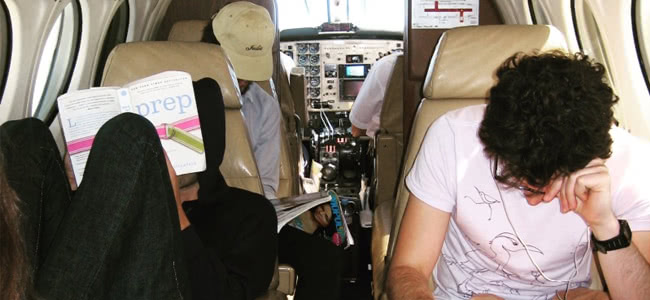Back in February, we reported on a groundbreaking pilot study that came out of Victoria University, which shed light on the unsettling truth about working in the Australian entertainment industry.
The study, which evaluated the mental health and wellbeing of Australia’s entertainment industry, found that our 25,000 entertainment industry workers are more likely to suffer from mental health issues.
According to the study, entertainment workers are paid significantly less than the rest of the community and have higher rates of suicide, as a result of a work environment that is “unhealthy, often divisive, competitive and lacking social support”.
With funding from the Pratt Foundation, Entertainment Assist commissioned Victoria University to conduct a follow-up study, the largest of its kind, which providing more hard and troubling figures.
After we published the story, we received many comments and messages from employees in the Australian music industry who shared their own experiences, which depicted a hostile and impersonal environment.
But it seems the case is similar anywhere you go. While the music business can often be rewarding and exciting, powered by passion and people with a genuine love and interest in music, it can also be trying and full of upheaval.
Just ask Storme Whitby-Grubb, who now works as a screenwriter, but was for many years the manager of several successful bands, having worked her way up from selling merch to acting as tour manager for some of the biggest bands of the ’00s.
“We all have those ‘oh fuck’ moments, when something falls apart, alters our whole trajectory, shakes the foundations of our world and makes you question ‘where the hell did I go wrong?’,” Whitby-Grubb writes in a new op-ed for Medium.
Whitby-Grubb goes on to recount how she managed to turn pure fandom into a job at Fat Cat Records, early home to Sigur Rós. “Within a matter of months I’d gone from an obsessed regular on the W.A.S.T.E message board… to going on the road with Sigur Rós opening for Radiohead,” she writes.
“I was 19 when all this happened and I’ve no idea how or why I fell on such amazing luck, but it was happening and I grabbed it with all my being. Failure was not an option.” That determination took her far.
“Somehow I started selling merchandise on tour for bands I loved in the early 00s; Yeah Yeah Yeahs, Interpol, The Rapture. I progressed to tour managing and production managing for the likes of Bloc Party, Kaiser Chiefs and We Are Scientists.”
But touring proved “dangerous and volatile” for Whitby-Grubb, who struggled with manic depression. She writes that the “lack of routine, the pressure of holding everything and everyone together and the extreme stress when things go wrong, didn’t sit well with me”.
[include_post id=”437209″]
After launching her own touring company, Whitby-Grubb began managing an unnamed band, watching as “their crowds grow, month by month, year by year”, working herself into the ground as she tried to make the band a success.
But Whitby-Grubb soon discovered that management can be a “thankless” job when she was fired during the recording of the band’s second album, with the band citing dissatisfaction with Whitby-Grubb taking on personal projects.
“That’s the job, and when we parted ways, they pointed out that it’s also a thankless job,” she writes. “And they’re right. Managers rarely get thanked for anything. You never hear anything good when something works out well; you only hear complaints when something turns out shit.”
“And it becomes a grind. It’s debilitating and if you have a soul, it makes you question yourself worth as a human being. I guess at that point I started to realize, I’m not cut out for this anymore.”
“My downfall was becoming too close to the band; we became a family with blurred boundaries and although all intentions were coming from the right place, sometimes distance is better for everyone.” Read the whole incredible story via Medium.
Image via Medium




































